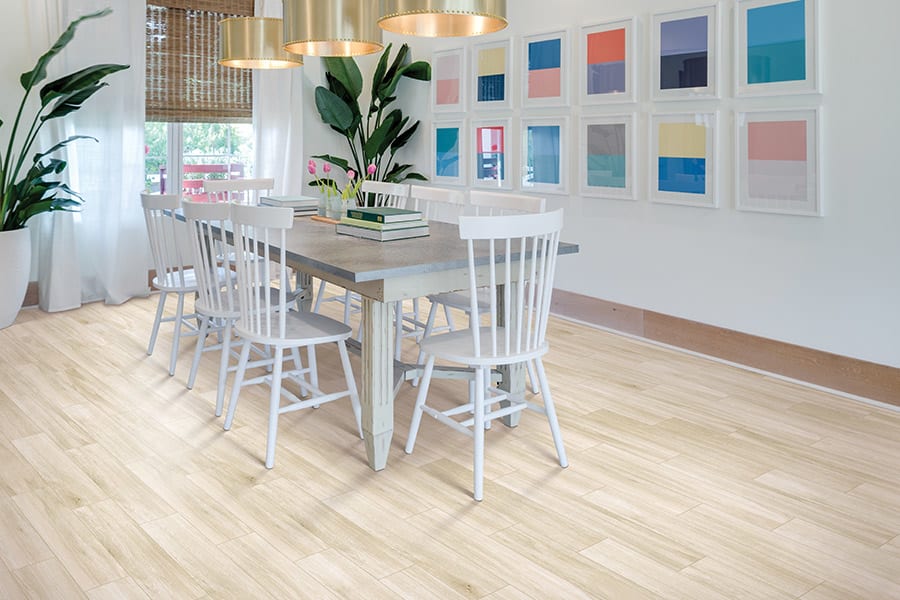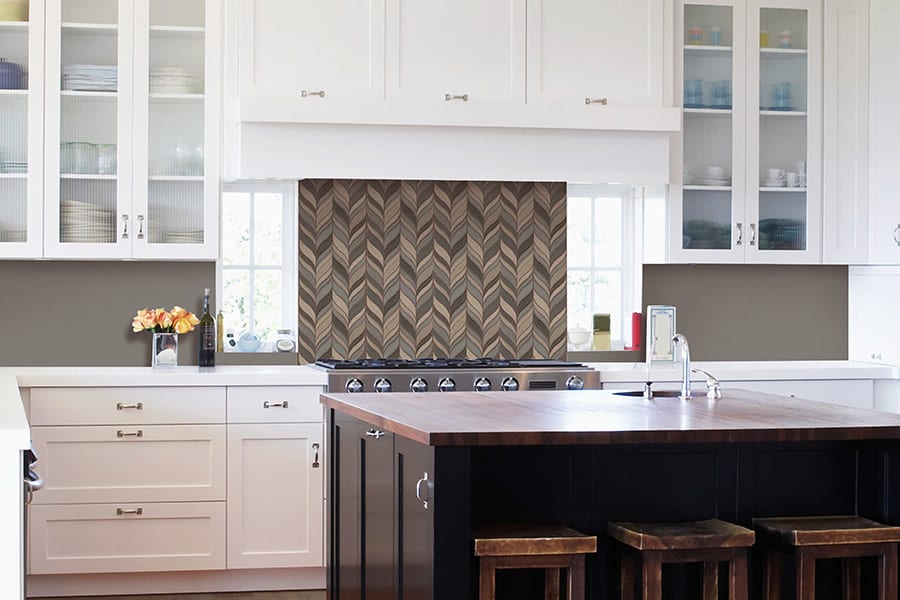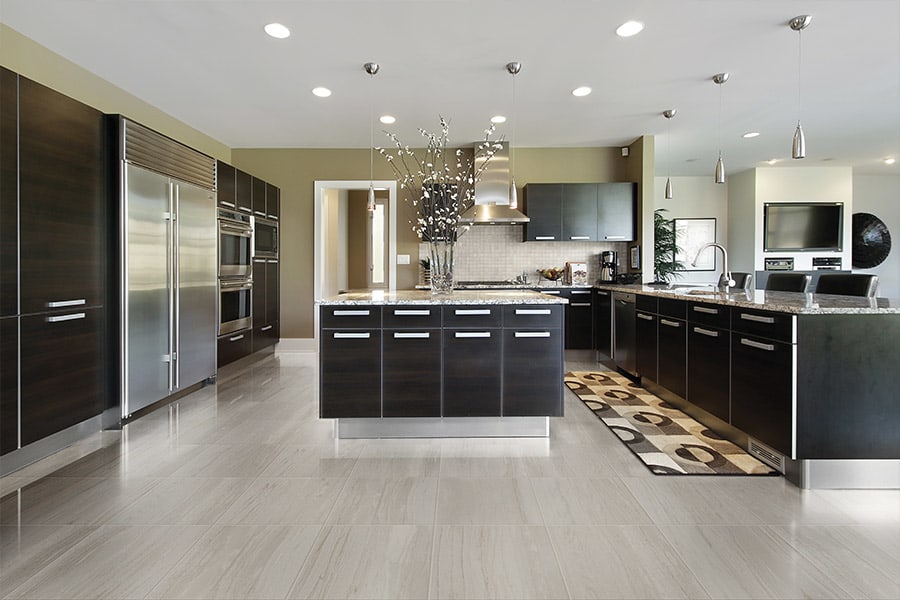Request an estimate
What is the difference between porcelain and ceramic tile?
All tile is made from clay, but ceramic and porcelain each have individual characteristics. One can be better for a certain installation than the other.
Coleman's Flooring & Blinds knows just how overwhelming and stressful it can be to shop for your home, so we simplify it as much as possible. The tile itself can be overwhelming, what with the wide assortment of colors, patterns, and designs.
Call us to schedule an appointment for a free design consultation and we'll walk you through the process, explaining the best way to use each.
Our showroom is in Fort Wayne, IN and we service Fort Wayne, New Haven, Auburn, Huntertown, and Angola.
Coleman's Flooring & Blinds knows just how overwhelming and stressful it can be to shop for your home, so we simplify it as much as possible. The tile itself can be overwhelming, what with the wide assortment of colors, patterns, and designs.
Call us to schedule an appointment for a free design consultation and we'll walk you through the process, explaining the best way to use each.
Our showroom is in Fort Wayne, IN and we service Fort Wayne, New Haven, Auburn, Huntertown, and Angola.
Porcelain's many faces
The main difference is that porcelain is always waterproof whether or not it's glazed.
Sand and, sometimes, glass, is added so it is heavier, making it ideal for heavily trafficked areas. These can also be installed as tub and shower surrounds or used outside on decks, patios, and pool surrounds.
The color of porcelain is always milky white, but it can be made to resemble almost anything from leather to wood to natural stone.
Nothing gives a home so much architectural and design interest as marble, quartz, slate, limestone or travertine, but it's expensive when pulled directly from the quarry. It's also challenging, what with the porosity and softness properties.
Porcelain tile, designed to resemble stone, is a good, budget-friendly alternative.
Sand and, sometimes, glass, is added so it is heavier, making it ideal for heavily trafficked areas. These can also be installed as tub and shower surrounds or used outside on decks, patios, and pool surrounds.
The color of porcelain is always milky white, but it can be made to resemble almost anything from leather to wood to natural stone.
Nothing gives a home so much architectural and design interest as marble, quartz, slate, limestone or travertine, but it's expensive when pulled directly from the quarry. It's also challenging, what with the porosity and softness properties.
Porcelain tile, designed to resemble stone, is a good, budget-friendly alternative.

Ceramic?
This is a thinner material, but, when glazed, it is completely waterproof and has a top hard shell that makes it almost impossible to crack.
Ceramic comes in many colors, shapes, sizes, and designs and can be mixed and matched to create unique, one-of-a-kind styles for floors, walls and surrounds inside the house; design borders or to cover an entire wall or floor in any room.
Even when glazed, ceramic tiles should not be installed outside.
All tile is stain resistant and stands up to stains, odors, bacteria, and allergens. Although uncommon, if a tile does break, simply replace the cracked one and not the entire floor.
Ceramic comes in many colors, shapes, sizes, and designs and can be mixed and matched to create unique, one-of-a-kind styles for floors, walls and surrounds inside the house; design borders or to cover an entire wall or floor in any room.
Even when glazed, ceramic tiles should not be installed outside.
All tile is stain resistant and stands up to stains, odors, bacteria, and allergens. Although uncommon, if a tile does break, simply replace the cracked one and not the entire floor.












